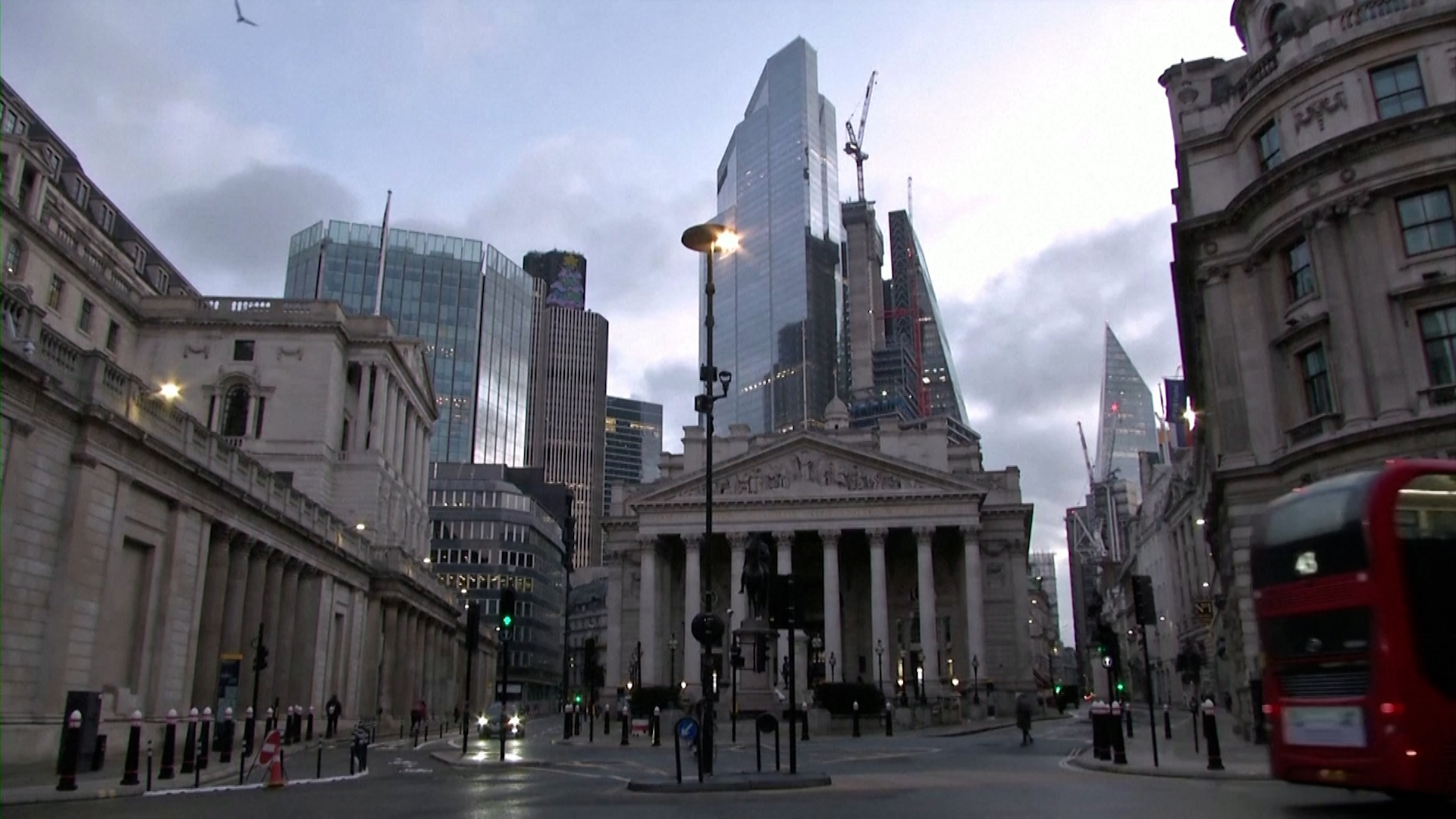01:53

A limited number of vaccination centers in England will stay open on Christmas Day. Getting people to take a third booster jab has become the UK government's main strategy to ease the pressure on the National Health Service (NHS) this winter.
In his Christmas speech to the nation, Prime Minister Boris Johnson urged people to get booster jabs, saying this would be a wonderful present to give "your family and the whole country." He also surprised some by turning to the Christian Bible to urge people to get a booster jab.
"I hope I can be forgiven for taking pride in the immense spirit of neighborliness that the people of this country have shown," Johnson said in his Christmas address.
READ MORE
The Christmas demon adapting to modern times
400-year-old Christmas market reopens
UV light wall kills 99% of viruses
"Getting jabbed not just for themselves, for ourselves, but for friends and family and everyone we meet. And that, after all, is the teaching of Jesus Christ, whose birth is at the heart of this enormous festival – that we should love our neighbors as we love ourselves."
Although the exact quote is "Do to others as you would have them do unto you," the message of thinking of others during the holidays was clear.
Now, though, there are questions about just how effective the booster jabs will be in the long term, with the UK considering giving a further fourth jab in the spring.
One study suggests the impact of a booster may decrease after about 10 weeks, though scientists have stated much more research is needed to make accurate calculations.

UK Prime Minister Boris Johnson used his Christmas speech to urge people to get vaccinated. /Downing Street
UK Prime Minister Boris Johnson used his Christmas speech to urge people to get vaccinated. /Downing Street
Israel has already announced it will start giving a fourth dose to those aged over 60, plus health workers and those with a compromised immune system. Germany is also considering a similar move.
The World Health Organization has said rather than giving booster jabs, the priority should be to get more people in the developing world vaccinated. It warned that booster jabs will likely prolong the pandemic rather than end it.
Meanwhile, evidence continues to mount that the Omicron variant of the coronavirus is less concerning than Delta. The latest study by the UK Health Security Agency backs up other recent findings.
It suggests that patients with Omicron are between 50 to 70 percent less likely to need hospitalization. But Omicron is more contagious and there are concerns if enough people become infected hospitals will struggle with the influx of patients and absent staff who are forced to isolate.
The latest UK figures show a record 120,000 new daily cases and in the past week 1.7 million people have tested positive.
The UK's Joint Committee on Vaccinations and Immunisation approved the use of a children's version of the Pfizer-BioNTech vaccine for use on five to 11-year-olds this week if they are deemed "at risk" if they catch the coronavirus or live with someone who is.
This comes as new research shows children in this age group who have not been vaccinated have the highest rate of infection, while infections in 12 to 17-year-olds fell by more than half as they have been offered one dose of vaccine so far.

